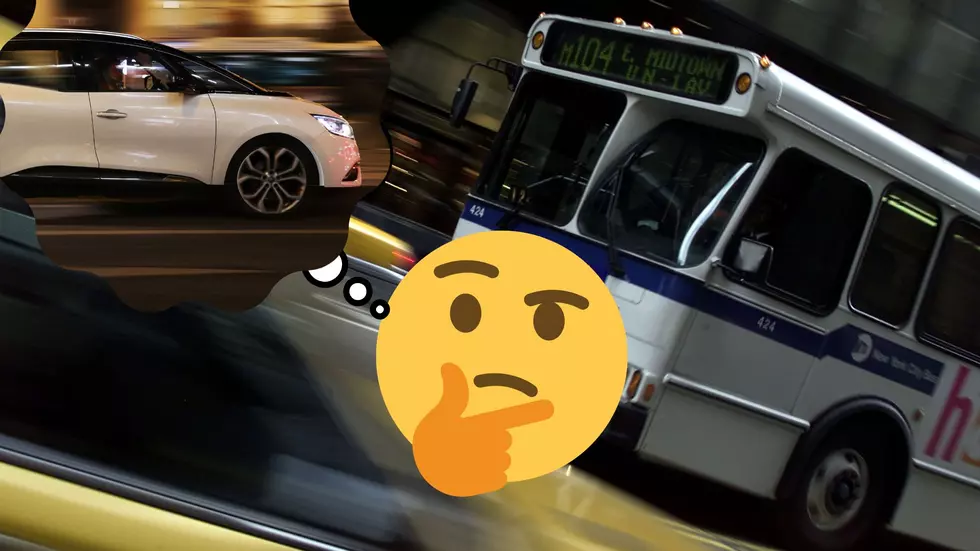
Could Kalamazoo Replace Busses With Minivans?
I want to start by saying, this isn't a shot at the Kalamazoo Public Transit System. The busses and public transportation in this city function 10x better than any other city I've lived in. BUT... is there room for improvement?
Maybe. Because some cities - mostly smaller ones - are moving away from big bus transit, and moving to smaller vehicle transit... and it seems to be working for them.

(There's going to be a LOT of hypothetical questions in this story.)
One extreme example would be Wilson, North Carolina. Their population is just shy of 50,000, so much smaller than the greater Kalamazoo area that our transit currently serves. HOWEVER, they ditched their entire bus fleet for an Uber-style transit setup.
The biggest change is an on-demand transportation system. Instead of waiting for a bus to come by a stop every 30 minutes, you simply use an app to schedule a pickup.
So literally... it's a city-sponsored Uber/Lyft situation. And apparently there's a need for it, because a company called Bridj is sweeping across communities with their service.
I kinda like this idea, but is it right for a city like Kalamazoo? I have no idea.
Normally, for something like this to be considered, it takes a board of researchers, and public officials to weigh the pros and cons. What will it cost? Would it save money?
.... actually, that's about it. Just two questions.
Cons
It would certainly be expensive.
Buying a whole new fleet of vehicles would set a community back at LEAST six figures, depending on how many they plan on buying. And to displace a literal busload of people (50-ish), and put them in minivans... you're talking six or seven vans.
Assuming those are gas-powered vans, the fuel cost to operate something like that would be INSANE right now.
You also might be excluding part of our population that relies on a regular bus schedule. Not everyone has a smart phone with apps to schedule a pickup.
Pros
One positive to come out of this - especially after what happened in 2020 - would be less transmission of disease and sickness. Drivers could routinely wipe down surfaces on the vehicles after every use, and you're not cramming 50 strangers into one, small space.
You'd be able to cover the ENTIRE city, and metro area, rather than just specific routes.
There's also the possibility of getting electric (or at the very least, hybrid) vehicles, which would drastically cut the cost of fuel needed to run a transit fleet. Start small - just a few vehicles to start with, and if it takes off... maybe invest a little more into it?
Again, I want to be VERY clear... I have NOTHING but respect for the system in place now. It runs well, it seems to be efficient, and I see no complaints whatsoever. Not to mention, if you started something like this, it would take a number of current Uber and Lyft drivers off the street, and out of supplemental income.
So is this a good idea? I have no idea. I'm not an expert on any of this.
BUT... is it worth a look? Maybe.
It's worked in other communities around the country, and if it's helping them, and saving a little money.. why not?
5 Things That Happen In Kalamazoo EVERYTIME It Floods
More From 107.7 WRKR-FM








